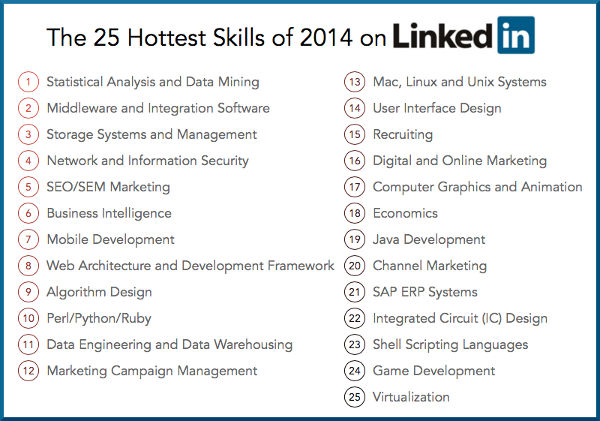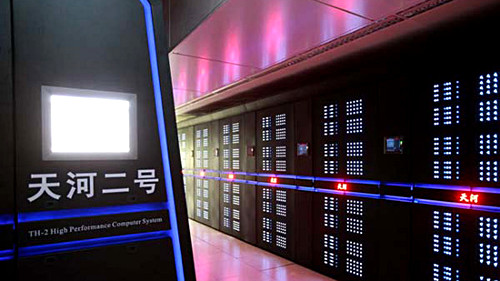Yesterday, my wife and I together with my two kids (13 and 11 yo) visited Infotech. I was not expecting much but, to be honest, this edition of Infotech is more interesting than I expected. Some of the noteworthy gadgets or technologies to discover are:
- Robots: Logan Velvindron (of LUGM) and Chris Gunnoo (Computer Studies teacher at Saint-Esprit College) were demonstrating various kinds of robots (The Finch controlled with Scratch, one built using an Arduino board and capable of drawing, etc.) Chris is really passionate about explaining computer science to kids and I’m happy that my son will (most probably) have him as teacher next year.
- 3D Printers: 2016 is finally going to be the year of 3D printing in Mauritius. We talked to people from two companies who were demonstrating 3D printers. They explained how to create 3D models by using software such as SketchUp (which is free) or Blender (open source software). Once the 3D model is created, it can be sent to any 3D printer by using software such as MatterControl, ReplicatorG or OctoPrint (all of them open source software, hence free).
- Large touch screens: Imagine kids in kindergartens using a tablet as a table. Or a tablet two meters wide and affixed on a wall. Or even a transparent window with superimposed images and which responds to touch. This is what we saw yesterday and, while the kids were happy to play Fruit Ninja on a 40″ screen, my wife and I were more interested in the potential of this kind of technology for learning as well as for teaching (using the Open Sankoré software for example).
- Segways (or, more precisely, good imitations…): Both my daughter and my son enjoyed riding a segway for the first time in their lives. They had no difficulty in learning the basics and, after just one minute, were happily driving (for lack of a better word) in the exhibition hall. I promise: next time I’ll try.
- Virtual Reality by EON Experience: The idea is for a group of people to wear 3D glasses and watch a 3D movie projected on all walls as well as on the floor. This is quite a nice effect in itself. Now, one of the participants, who wears a special type of 3D glass (worn by my son in one of the photos above), controls the point of view of the camera with which the movie is being shown. By moving his head, my son could change the direction of the camera and the movie was being modified in real-time. Very very cool. One of the demos showed Saturn and, for example, by sitting down, one could see under the ring while, standing up, one sees above the ring. Of course, the system requires specially made movies and this is what EON Reality, the company behind EON Experience, does. The demo was done on the Mauritius Telecom stand.
- Miscellaneous gadgets: drones (both for amateurs and for professionals), handheld camera stabilizers + smartphones, tablets and computers (of course…)
There was also a part where recruitment was being done most notably by Amazon for its Web Services team. I had a very nice conversation with Chris Perkins, from their Cape Town office, and he is actively looking for Linux experts.
All in all, we spent two hours at Infotech 2015 and, for the first time since ages, we felt we didn’t waste our time.



